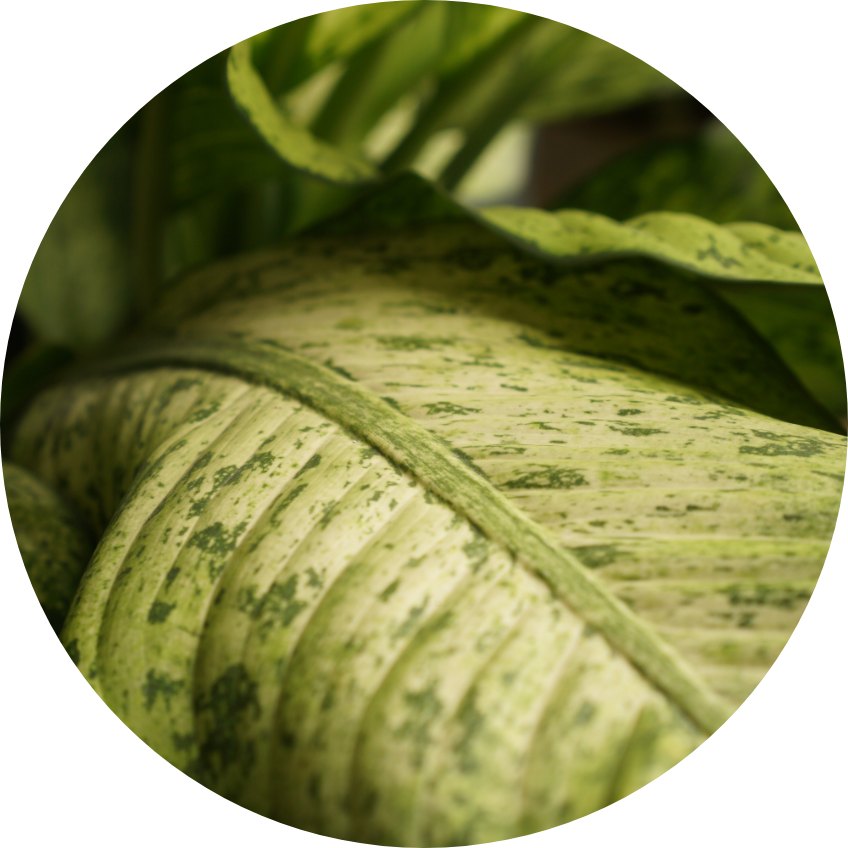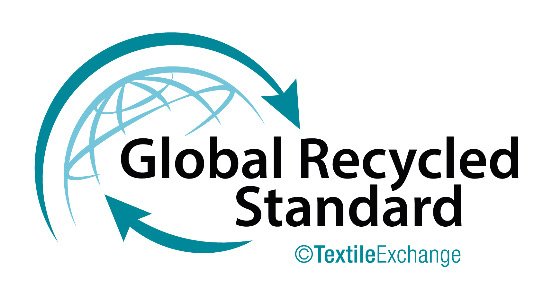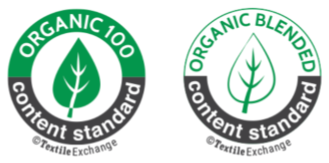Considering its history and values, Italtex has decided to include among its strategic objectives the pursuit of a sustainable development through a holistic approach, that considers sustainability according to its three pillars: social, environmental, and economic sustainability.
DOWNLOAD POLICYENVIRONMENTAL SUSTAINABILITY
Italtex is committed to continuously improve its environmental performance through following activities:
Our company has decided to adopt the Chemical Management Protocol 4sustainability to eliminate toxic and harmful substances in production processes through the ZDHC MRSL (Manufacturing Restricted Substances List), as required by the ZDHC Roadmap to Zero

SOCIAL AND ECONOMIC SUSTAINABILITY
Italtex pursues the enhancement and respect of the individual and is committed to complying with national legislation and international principles regarding:
Italtex has also set the goal to cooperate only with suppliers and partners who pursue the same values.
To achieve these objectives, a manager with adequate resources and powers has been appointed. Training and company internal communication are also promoted. Finally, active listening to employees or third parties is pursued.

ETHICAL CODE
Italtex has defined an Ethical Code to regulate the principles of conduct and actions that must govern the activities of every director, manager and every employee and partner of the Company.
DOWNLOAD ETHICAL CODE
ISO 14001 - Certification of the Environmental Management System
ISO 14001 is the internationally recognized standard for Environmental Management Systems (EMS). It provides a framework for organizations to design and implement an EMS, and continually improve their environmental performance.
By adhering to this standard, organizations can ensure they are taking proactive measures to minimize their environmental footprint, comply with relevant legal requirements, and achieve their environmental objectives.
The framework encompasses various aspects, from resource usage and waste management to monitoring environmental performance and involving stakeholders in environmental commitments.

ITALTEX S.p.A. is GRS certified
By ICEA
ICEA-TX-815
“Only the products which are covered by a valid Transaction certificate are GRS certified”
Global Recycled Standard (GRS)
The Global Recycled Standard (GRS) is promoted by Textile Exchange, one of the most important non-profit organizations that internationally promote responsible and sustainable development in the textile sector. With this standard, Textile Exchange recognizes the fundamental importance of recycling for the growth of a model of sustainable production and consumption; aims to encourage the reduction of resource consumption (virgin raw materials, water and energy) and to increase the quality of recycled products.
The GRS provides for the issue of a third party verified environmental statement which proves:
Global Organic Textile Standard (GOTS)
The Global Organic Textile Standard (GOTS) is recognized as the most important standard for sustainable production of garments and textiles made from natural fibres from organic farming as organic cotton or organic wool. GOTS was developed by leading international organizations in organic agriculture in order to guarantee the consumer that organic textile products are obtained in compliance with stringent environmental and social criteria applied at all levels of production (from the collection in the field of natural fibres to the subsequent manufacturing phases, up to the labelling of the finished product).
The GOTS includes the issue of an environmental declaration verified by a third party which certifies:

ITALTEX S.p.A. is OCS certified
By ICEA
ICEA-TX-815
“Only the products which are covered by a valid Transaction certificate are OCS certified”
Organic Content Standard (OCS)
The Organic Content Standard (OCS) certifies textile products and manufacturing activities made with natural, vegetable or animal fibres, produced and certified in accordance with organic agriculture criteria.
The OCS guarantees the release of an environmental declaration, verified by a third party, which ensures the content of natural fibres from organic farming in textile products, both intermediate and finished, and the maintenance of traceability throughout the entire production process. Both textile products and manufacturing activities can be OCS certified.



ITALTEX S.p.A. is RAF certified
By ICEA
ICEA-TX-815
“Only the products which are covered by a valid Transaction certificate are RAF certified”
Responsible Animal Standard (RAF)
The Responsible Animal Fiber (RAF) includes following standards:
The Responsible Wool Standard (RWS) describes and independently certifies animal welfare and land management practices in wool fiber production and tracks the certified material from farm to final product.
Products certified to the Responsible Mohair Standard (RMS) contain mohair fiber from farms certified to animal welfare and land management requirements.
The Responsible Alpaca Standard (RAS) requires animal welfare and responsible land management practices to be in place at the alpaca farm.
Forest Stewardship Council® (FSC®)
Forest Stewardship Council (FSC) is an international, non-profit, non-governmental organization founded in 1993 to improve the management of forest resources around the world. FSC certification is designed to ensure that the FSC-labeled product are manufactured starting from a responsibly managed forest and supply chain. FSC pursues its objectives by defining a set of rigorous "Principles and Criteria (Standards) of good forest management" established and approved by FSC itself, with the consent of the interested parties.
Request our FSC certified products.
Framework 4sustainability®
4sustainability® is an innovative framework that assures the improvement of the sustainability performances of fashion & luxury supply chain. The granting and maintaining of the framework are conditional to the implementation of one or more coherent initiatives, as well as to the compliance with strict requirements that are continuously monitored. Each 4sustainability® initiative has one or more United Nations Sustainable Development Goals as its foundation and purpose, each selected amongst the most relevant ones.
4sustainability® framework was implemented through the following initiatives:
4sustainability® Chemical Management protocol aims to eliminate toxic and harmful chemicals in production in accordance with ZDHC Roadmap to Zero program.
This protocol includes following activities:
The Materials 4sustainability® protocol is created to support the companies in the definition of priority actions, through both the informed procurement of sustainable raw materials and in the gathering and management of data for calculating the percentage substituted of the total amount of raw materials used in the production cycle.
The Materials initiative envisages a conversion path to the use of lower impact materials for sustainable production. Increasing the percentage of sustainable raw materials in the collection is a critical factor, the choices to be made concern the gradual replacement of "traditional" raw materials with alternatives with a higher sustainability content, the certification of raw materials already used, the study of new initiatives product and / or process or a mix of these options.
The Planet 4sustainability® protocol sets out a process for a conscious use of resources aimed at reducing the environmental impact.
The implementation of projects for the reduction of water consumptions, energy consumptions and CO2 emissions takes place in collaboration with technology partners.
The People 4sustainability® protocol defines the intervention plans that can be implemented to increase performance and well-being among staff with a view to continuous improvement.
Placing people at the centre of a company means answering to a series of questions about the well-being of employees and their degree of satisfaction, then working to translate the priorities identified into smart solutions in order to establish the theme of “working together” as a distinctive factor for aggregation and loyalty-building.
The Trace 4sustainability® protocol aims at the correct management of the social and environmental impact of the internal processes and the supply chain through activities of assessment, tracing, monitoring e improvement of the conditions in which production takes place. The solution is the implementation of a controlled and responsible system of supply chain management, which is only possible in the presence of a high level of transparency that is shared by everyone.
FOR TEXTILE
FOR TEXTILE is a product and process certification system based on a Disciplinary whose application is intended to provide maximum guarantees in relation to following points:
Better Cotton Initiative (BCI)
The Better Cotton Initiative (BCI) is a global not-for-profit organisation and the largest cotton sustainability programme in the world. BCI exists to make global cotton production better for the people who produce it, better for the environment it grows in and better for the sector’s future.